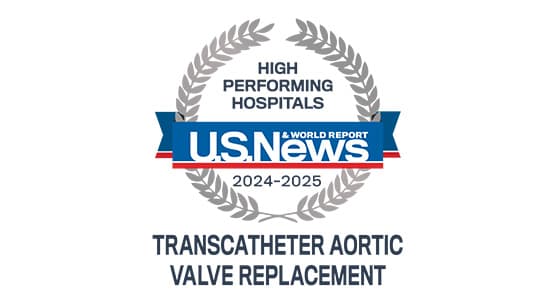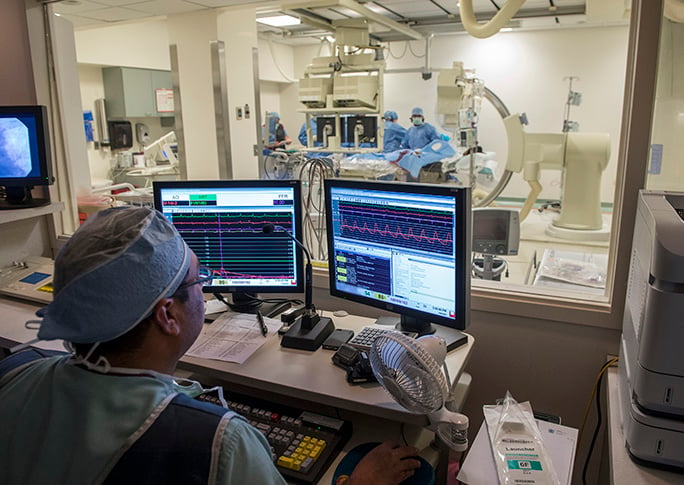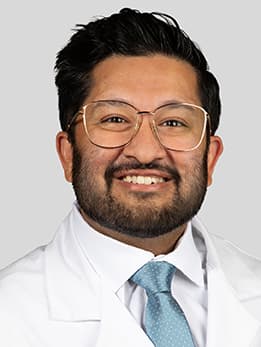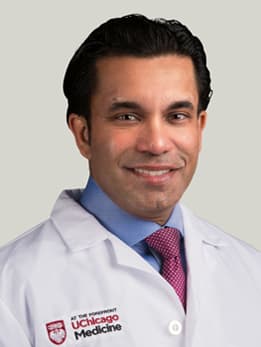Transcatheter Procedures for Heart Valve Disease
Transcatheter Interventional Cardiology Team

Nationally Ranked in Cardiology, Heart Surgery and Vascular Surgery
According to U.S. News & World Report's 2025-26 Rankings

High Performing in Transcatheter Aortic Valve Replacement
According to U.S. News & World Report's 2024-25 Rankings
Request an Appointment
We are currently experiencing a high volume of inquiries, leading to delayed response times. For faster assistance, please call 1-773-702-9461 to schedule your appointment.
If you have symptoms of an urgent nature, please call your doctor or go to the emergency room immediately.
By submitting this form you acknowledge the risk of sending this information by email and agree not to hold the University of Chicago or University of Chicago Medical Center liable for any damages you may incur as a result of the transfer or use of this information. The use or transmittal of this form does not create a physician-contact relationship. More information regarding the confidentiality of this request can be found in our Privacy Policy.
* Indicates required field




